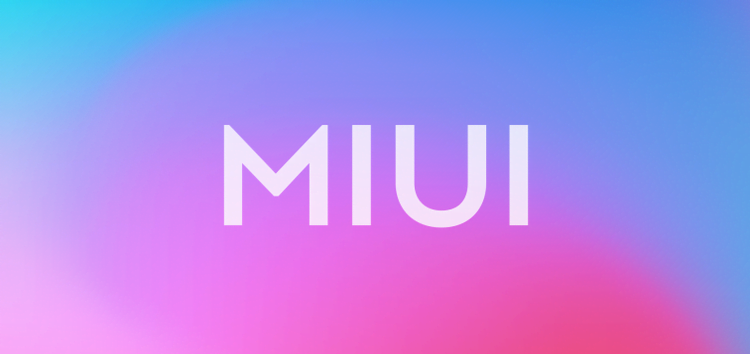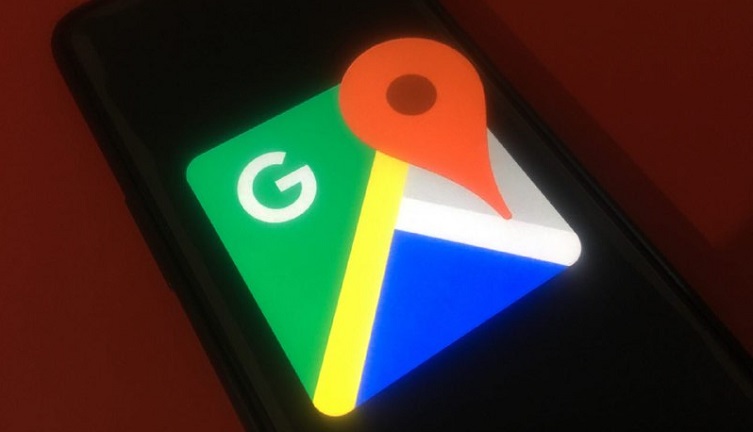Android OEMs, outside of China, have all been slowly ditching their stock telephony apps and replacing them with their Google counterparts.
Xiaomi and OnePlus were among the first to do so and it now seems that Samsung too is headed in the same direction.
Unfortunately, the move hasn’t been well received by the users who have continued to demand the restoration of the stock apps to this day.

But since the replacement has been done to adhere to various policies, it is unlikely that it will be rolled back anytime soon.
At the Xiaomi camp, it is the MIUI Dialer and Messaging apps that have been replaced by Google Phone and Google Messages respectively.
However, even with all of the backlash, a new development suggests that Xiaomi is intent on replacing even more of the stock stuff on MIUI with Google’s.

The latest MIUI 12.5 updates released for the Xiaomi Redmi Note 8 Pro and Xiaomi Mi 10 do away with the MIUI Updater and instead replace it with the one from Google – the kind that is found on stock Android.
According to MIUIes, the change has been made due to the change of the server where update files are hosted. This will reportedly result in an improved download experience. The change will also not affect the update policy.

While the replacement of the MIUI Updater with the one from Google does seem to have been implemented only on the two aforementioned models currently, it is highly likely that it will be eventually making it to global variants of all Xiaomi and Poco devices.
Honestly, this isn’t too big a change considering that one rarely even uses the Updater, except for when updates actually roll out.
But taking into account all the criticism from Xiaomi and Poco device owners about the Google apps, one can only hope that Xiaomi won’t be replacing any more of their MIUI apps and components with their Google counterparts.
PiunikaWeb started purely as an investigative tech journalism website with a main focus on ‘breaking’ or ‘exclusive’ news. In no time, our stories got picked up by the likes of Forbes, Fox News, Gizmodo, TechCrunch, Engadget, The Verge, MacRumors, and many others. Want to know more about us? Head here.


